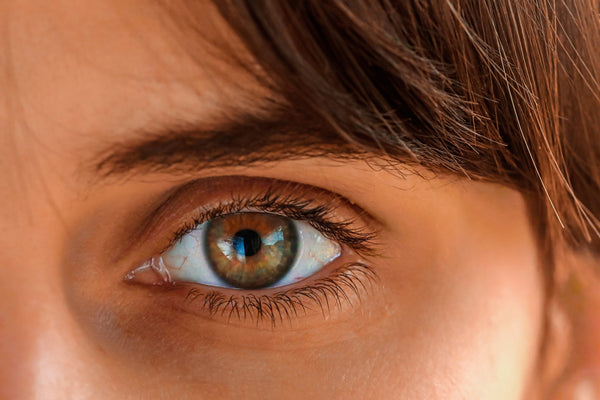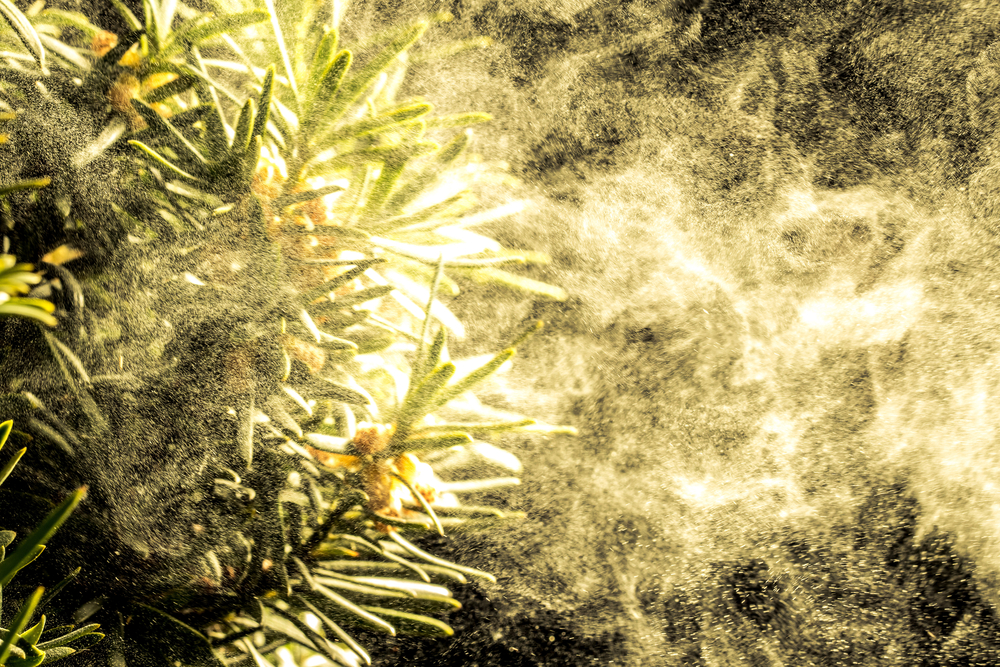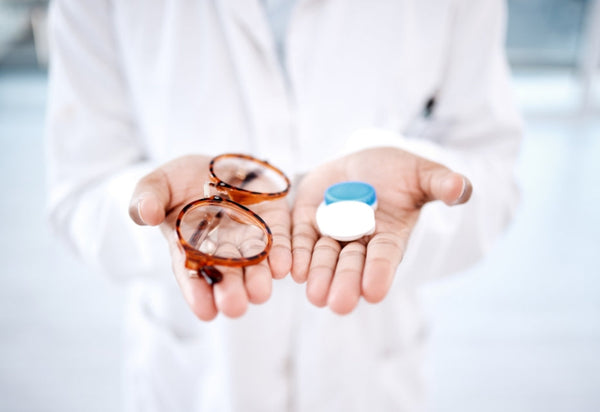
Hay fever affects 1 in 5 people in the UK. But coughing and sneezing aside, how does hay fever impact your eyesight?
Often at its peak between March and September, hay fever is an allergy to pollen. Light and fluffy, pollen grains travel well on the air, particularly on warm, humid days – which can leave the summer months feeling less than sunny for some.
Common hay fever symptoms include sneezing, coughing, itchy eyes, headaches and feeling tired. Speak to a GP, pharmacist or optometrist if you are prone to hay fever, as they’ll be able to discuss appropriate remedies such as tablets, syrups, nasal sprays and eye drops.
Peak time for pollen
Hay fever sufferers need to be most vigilant during these times of the year:
- From late March to the middle of May – tree pollen is at its peak
- Middle of May to July – grass pollen is at its peak
- End of June to September – weed pollen is at its peak
As 95% of hay fever sufferers are allergic to grass pollen, mid-May to July is the ‘peak time’ for hay fever. One top tip: cut down on drinking alcohol during hay fever season. It contains histamine, a chemical that promotes allergic reactions.
The UK pollen forecast is also useful.

Eyes down
The classic sore eyes associated with hay fever is called allergic conjunctivitis. It’s an umbrella term for issues with the thin clear membrane covering the whites of the eyes and the insides of the eyelids, often triggered by allergies – including pollen. Although it’s unpleasant, it’s very unlikely to affect your eyesight in the long term.
However, in the short term. You might experience a constant itching sensation and feel the need to rub your eyes. This is not only due to pollen landing in the eye, but the release of histamine which irritates the nerve endings. The typical red colouring of the eye is the result of blood vessels dilating or swelling to fight off the irritant.
There are a number of remedies you could try to ease the symptoms. Many people find eyes become less irritated by using over-the-counter antihistamines or consider wearing wrap-around sunglasses to protect your eyes from pollen in the air.
It’s all a blur
The most notable change in vision will come from watery eyes. The tear ducts produce excess fluid to flush out the pollen, which temporarily causes your vision to blur. You might find your sight deteriorates as the tears thicken into a sticky substance, but this will be short lived.
Try using a cold compress to ease irritation or consult your GP, pharmacist or optometrist who’ll be able to recommend appropriate eye drops to ease your symptoms.
Book your eye test today
If you’re feeling the hay fever this year, our Leightons optical staff are happy to give you the advice you need to get relief. Get in touch today on 0800 40 20 20, or book an eye appointment online.







